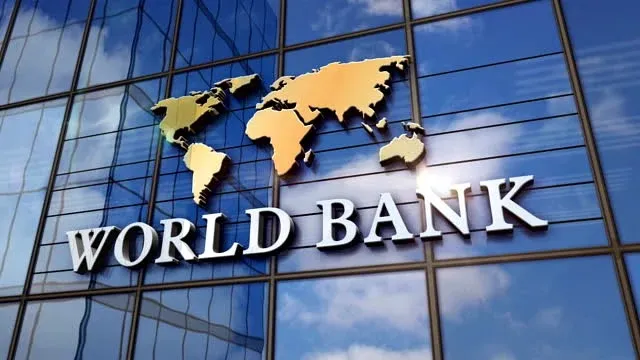A new report from the World Bank has revealed a significant rise in Nigeria’s poverty rate, with 129 million citizens (56% of the population) now living below the national poverty line.
This marks a sharp increase from 40.1% in 2018.
The Nigeria Development Update report, released on Thursday in Abuja, highlights the detrimental impact of inflation and slow economic growth, which have driven millions of Nigerians into hardship.
According to the World Bank, the poverty surge stems from a combination of economic downturn and population growth, with the number of Nigerians living in poverty jumping from 115 million in 2023 to 129 million in 2024. “This stark increase partly reflects Nigeria’s beleaguered growth record,” the report noted, adding that real GDP per capita has not recovered to pre-2016 recession levels.

The report underscores how inflation has eroded purchasing power across almost all goods, diminishing household incomes and worsening poverty, particularly in urban areas. “Large increases in prices across almost all goods have diminished purchasing power, especially of urban households,” the report observed. Urban poverty has surged from 18% in 2018 to 31.3% in 2024.
External shocks, including the COVID-19 pandemic, natural disasters such as flooding, and insecurity, have compounded the economic challenges. The World Bank cited these factors, along with domestic policy missteps, as contributing to the sharp rise in poverty.
Despite efforts by the Nigerian government to provide relief through expanded cash transfer programs for vulnerable households, the report stresses that job creation is critical for long-term stability. Many of the jobs available are not productive enough to lift people out of poverty, leaving many Nigerians trapped in economic insecurity.
World Bank Country Director for Nigeria, Dr. Ndiame Diop, urged the government to remain committed to its reform agenda, warning that reversing course would have dire consequences for the country. “Reversing these reforms would be detrimental and would spell doom for Nigeria,” he cautioned, emphasizing that the reforms, though difficult, are necessary to stabilize the economy.



